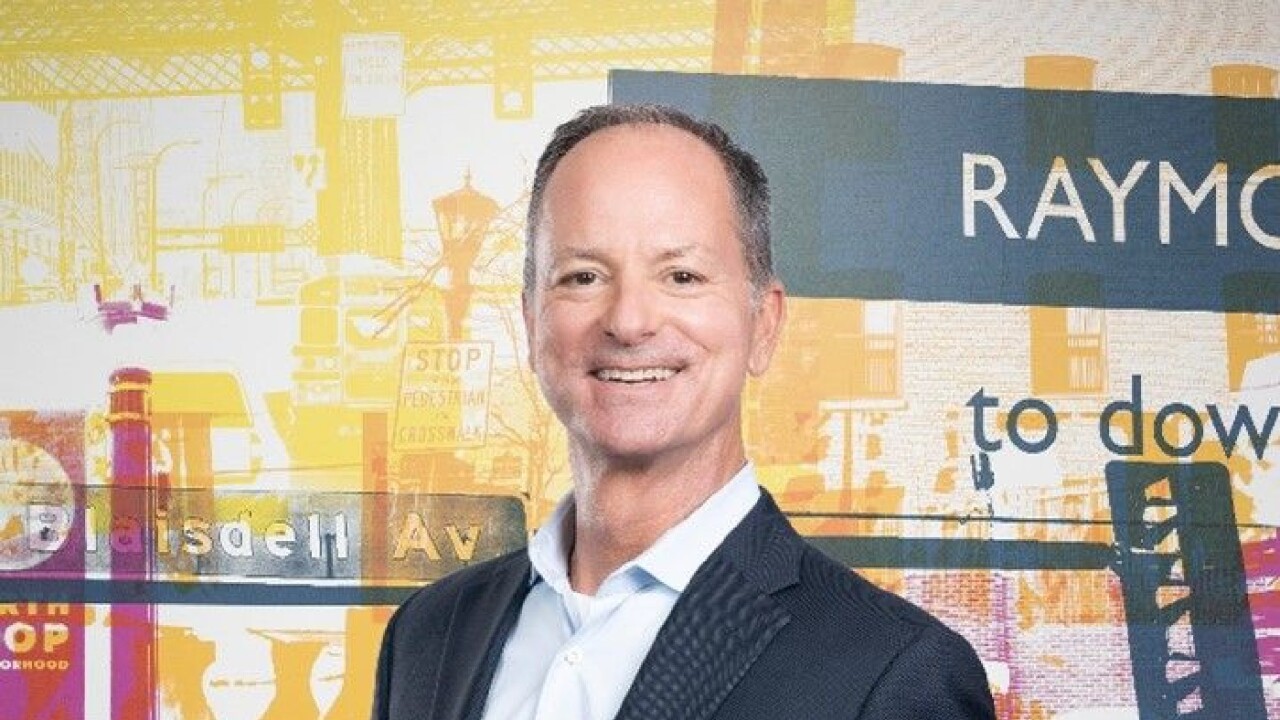WASHINGTON — The headwinds blowing at fintech firms seeking a national chartering option are still fierce. But observers believe 2019 is the year that a multistate licensing regime will officially arrive.
The Office of the Comptroller of the Currency is
But industry watchers say that despite the challenges, the multipronged effort to get fintech firms through the bank regulatory door or provide them with a viable multistate alternative has an air of inevitability to it.
“One way or another, it’s going to be the breakthrough year for the U.S. agencies embracing innovation and regulation and also increasingly working together on it,” said Jo Ann Barefoot, co-founder of Hummingbird Regtech and a former senior official at the OCC.

The OCC has vowed to move forward, announcing in July that it would accept fintech charter applications as state regulators prepared two separate lawsuits challenging the federal agency's authority.
At the FDIC, one high-profile ILC applicant, Square,
Even if applications for both the OCC's special charter and ILCs fail to advance, observers believe interested firms could opt for one of two other alternatives. One is to bite the bullet and apply for a full-service, FDIC-insured banking charter, which might mean more regulatory scrutiny but less of a legal cloud.
One fintech company, Varo Money, already received preliminary approval from the OCC last year to form a traditional bank, but it has to
The most likely charter option “to occur, I think, in 2019 would be the full-service, FDIC-insured bank with a fintech business plan,” said Thomas Curry, a partner at Nutter McClennen & Fish LLP and the former comptroller of the currency who initially proposed the OCC's limited-purpose fintech charter. “Just looking at it from the broader landscape, an institution that is acquiring a standard charter is probably the path of least resistance.”
The second alternative is to explore the growing consortium of states that have formed a multistate, nonfederal platform. That effort, now limited to money-services businesses, means an applicant for a license in one state can be authorized to operate at other states in the consortium. After a pilot was launched in 2017 with
“I think the group of state regulators involved here are really committed to make this work and accomplish the goals of trying to streamline the [state licensing] process,” said Charlie Clark, agency deputy director and director of consumer services at the Washington Department of Financial Institutions, which has taken the lead in the program. “We have had some real results that are going to be helpful to the industry that isn’t extraordinary burdensome.”
Yet the OCC's special charter remains the highest-profile effort to create a federal regulatory framework for fintech firms. Comptroller of the Currency Joseph Otting insists that the OCC will get an applicant despite the ongoing lawsuits with the Conference of State Bank Supervisors and the New York State Department of Financial Services.
“We're still confident that we will have applications to be a national bank,” Otting said in an interview with American Banker in late November.
The courts’ decision could determine whether a fintech firm will apply this year for the OCC’s new charter as well as how competitive states will become in licensing firms, said Brian Knight, senior research fellow in the financial markets working group with the Mercatus Center at George Mason University.
“If the OCC wins, you could potentially see a push by some states to further streamline” their licensing process “for comparable authority,” Knight said. “If the OCC loses . . . it might take some of the immediate pressure off of the states.”
The state consortium currently includes 15 money-services businesses that are going through a second pilot version of the program, with a good number of them virtual currency exchanges, Clark said. The program also involves some fairly quick response times by the regulators, like a 25-day window to respond once a full application is received. The first three companies to undergo the pilot were fully approved in roughly six months, in contrast to what can be a longer process to obtain a federal bank charter.
“This takes state regulators outside of their comfort zone, but this project demonstrates we can make changes to improve the process,” said Clark, who added that the states will decide around mid-March whether to fully launch the program.
Regardless of the barriers, most fintech firms agree that having multiple chartering options now is better than the very few and cumbersome routes they faced in years past.
“There should be multiple chartering options, because fintechs can have very specific products and customers, so you want a regulatory framework that best fits the needs of the customer,” said Sam Taussig, head of global policy at Kabbage, an online small-business lending platform. “The government shouldn’t be picking winners and losers by having very constrained chartering models.”





